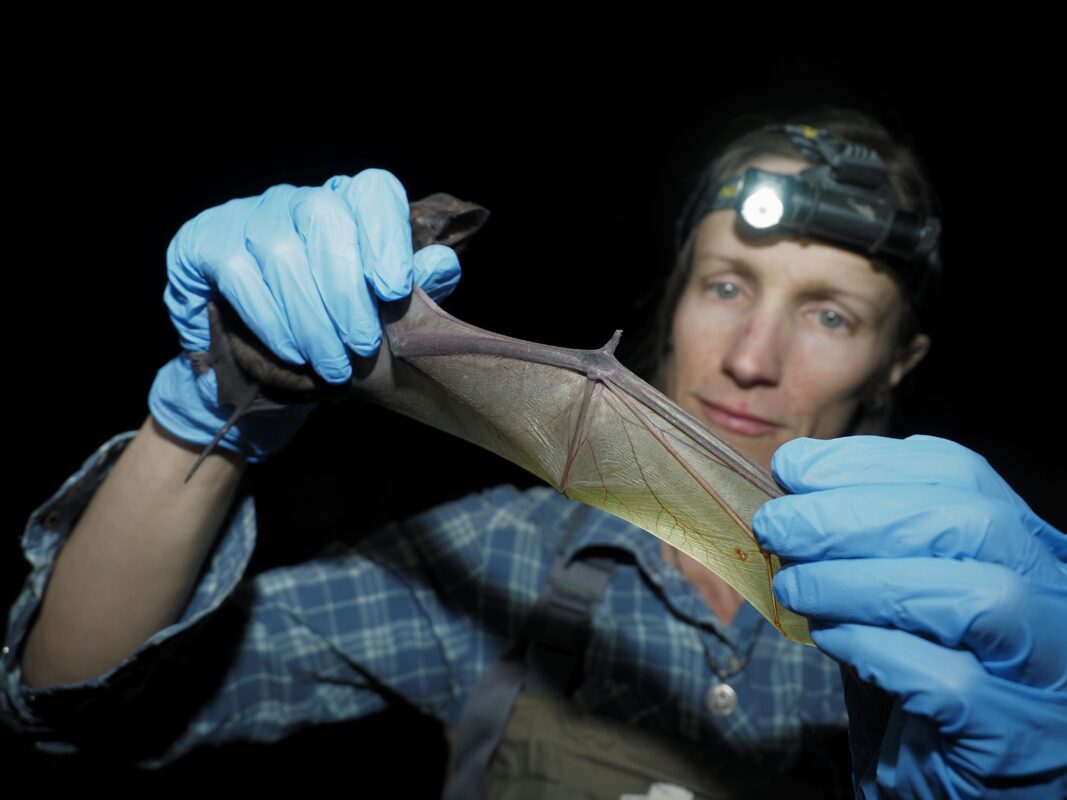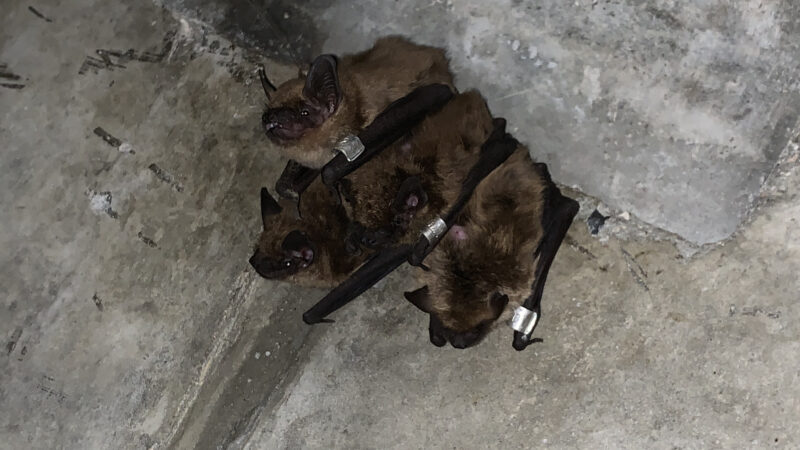
Awardee: Jill Carpenter
Bio:
Jill Carpenter is interested in the roosting and foraging ecology of bats, especially with regard to how various
species navigate and utilize the human-altered landscapes of Southern California as well as what traits allow
some species to persist while others decline. She’s particularly interested in behavioral responses to
anthropogenic noise, light, and other disturbances associated with urban and peri-urban environments. She
hopes to combine her robust background in management with the rigor of academia to bridge these disciplines
and contribute to evidence-based conservation and management of bats.
Project:
Although big brown bats (Eptesicus fuscus) occur throughout North America and are widely considered to be
urban adapted, this species has been declining for over two decades in Southern California. I will analyze the
diet of big brown bats in Southern California using DNA metabarcoding to determine whether populations in
this region have more specific prey preferences than what is documented. This analysis will provide the first
known description of diet for this species in a Mediterranean ecosystem. After this analysis is completed I will
investigate the ecological characteristics and habitat requirements of the prey species. If big brown bats do
exhibit limited dietary flexibility in Southern California, understanding their diet in this region as well as the
landscape associations of their prey will help inform urban planning decisions and conservation
recommendations for this declining species.

